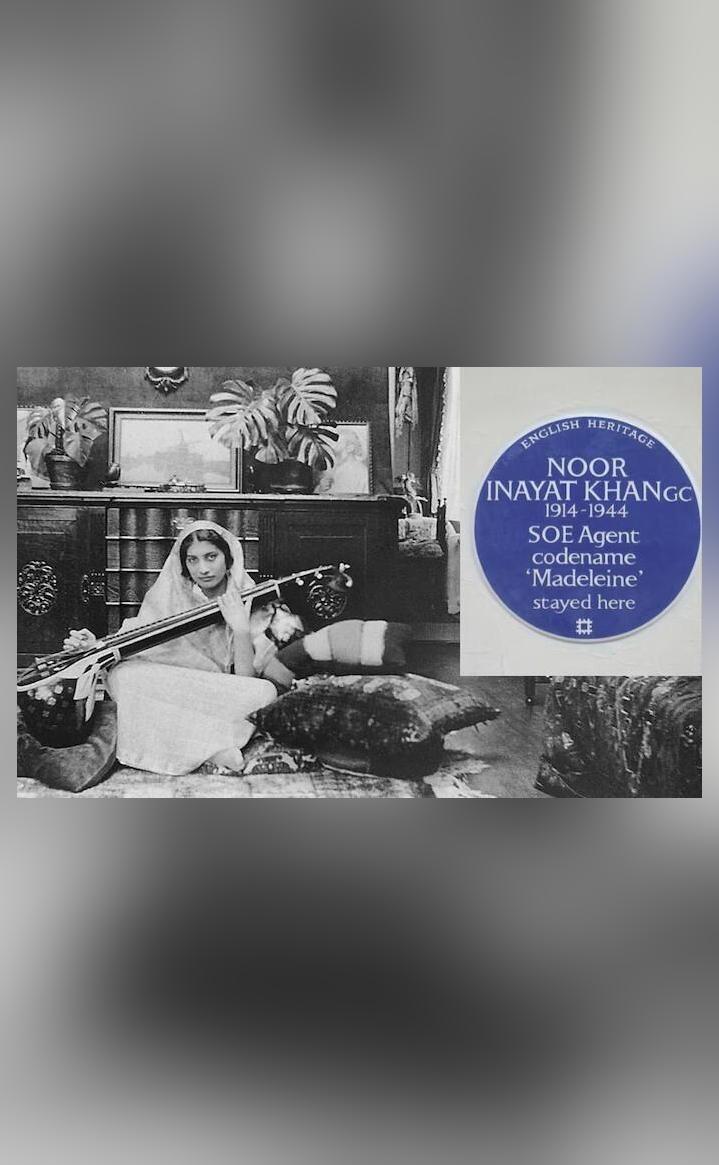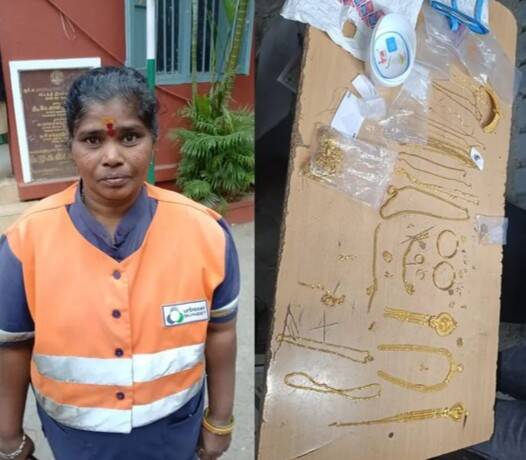
Who was British Indian spy Noor whom France honoured with a stamp?
The story of Noor Inayat Khan is one of bravery, sacrifice, and patriotism. Born into a family with a rich history, Noor’s life took a dramatic turn when she became a spy for the British during World War II. Her courageous actions and ultimate sacrifice have been recognized and honored by France, which has released a commemorative postage stamp in her name. But who was Noor Inayat Khan, and what led her to become a spy?
Noor Inayat Khan was born on January 2, 1914, in Moscow, Russia, to an Indian Sufi father, Inayat Khan, and an American mother, Ora Ray Baker. Her father was a musician and a Sufi teacher who had traveled extensively throughout Europe and Asia, spreading the teachings of Sufism. Noor’s family moved to London and then Paris, where she spent most of her childhood. She was a talented musician and writer, and her early life was marked by a love for music, literature, and spirituality.
As World War II broke out, Noor’s life took a dramatic turn. She moved to England with her family and joined the Women’s Auxiliary Air Force (WAAF) in 1940. However, she soon became disillusioned with the mundane tasks assigned to her and began to look for more challenging and meaningful work. It was then that she was recruited by the Special Operations Executive (SOE), a secret organization established by the British government to conduct espionage and sabotage operations behind enemy lines.
Noor’s recruitment into the SOE was a significant moment in her life. She was trained in wireless operation, coding, and other espionage skills, and in 1943, she was sent to France to work as a spy. Her mission was to transmit vital information back to London, helping the Allies to plan and execute their military operations. Noor’s codename was “Madeleine,” and she quickly established herself as a skilled and brave operator.
However, Noor’s time in France was cut short when she was captured by the Nazi forces in 1943. She was betrayed by a French double agent and taken to the SD (Sicherheitsdienst) headquarters in Paris, where she was interrogated and tortured. Despite the brutal treatment, Noor refused to reveal any information about her mission or her fellow spies. She was eventually sent to the Pforzheim prison in Germany, where she was kept in solitary confinement.
In 1944, Noor was transferred to the Dachau concentration camp, where she was executed by firing squad on September 13, 1944, at the age of 30. Her bravery and sacrifice were recognized by the British government, which awarded her a posthumous George Cross, the highest civilian honor in the UK.
Noor’s story is a testament to the courage and determination of a young woman who risked everything to fight against tyranny and oppression. Her legacy has inspired countless people around the world, and her memory continues to be celebrated by those who value freedom, justice, and human rights.
The French government’s decision to honor Noor with a commemorative postage stamp is a fitting tribute to her bravery and sacrifice. The stamp features a portrait of Noor, along with a brief description of her life and achievements. It is a rare honor, reserved for individuals who have made significant contributions to French history and culture.
Noor’s connection to India is also significant. As a descendant of Tipu Sultan, the ruler of Mysore, she was part of a long line of Indian leaders who fought against British colonial rule. Tipu Sultan was a brave and visionary leader who resisted the British invasion of India, and his legacy continues to be celebrated in India today.
Noor’s story is also a reminder of the significant contributions made by Indians to the Allied war effort during World War II. Thousands of Indian soldiers fought alongside British and American forces, and many made the ultimate sacrifice. Noor’s bravery and sacrifice are a testament to the courage and patriotism of these soldiers, who fought for freedom and democracy, even when their own country was still under colonial rule.
In conclusion, Noor Inayat Khan’s story is one of bravery, sacrifice, and patriotism. Her legacy continues to inspire people around the world, and her memory is a reminder of the importance of fighting against tyranny and oppression. The French government’s decision to honor her with a commemorative postage stamp is a fitting tribute to her courage and sacrifice, and a reminder of the significant contributions made by Indians to the Allied war effort during World War II.






